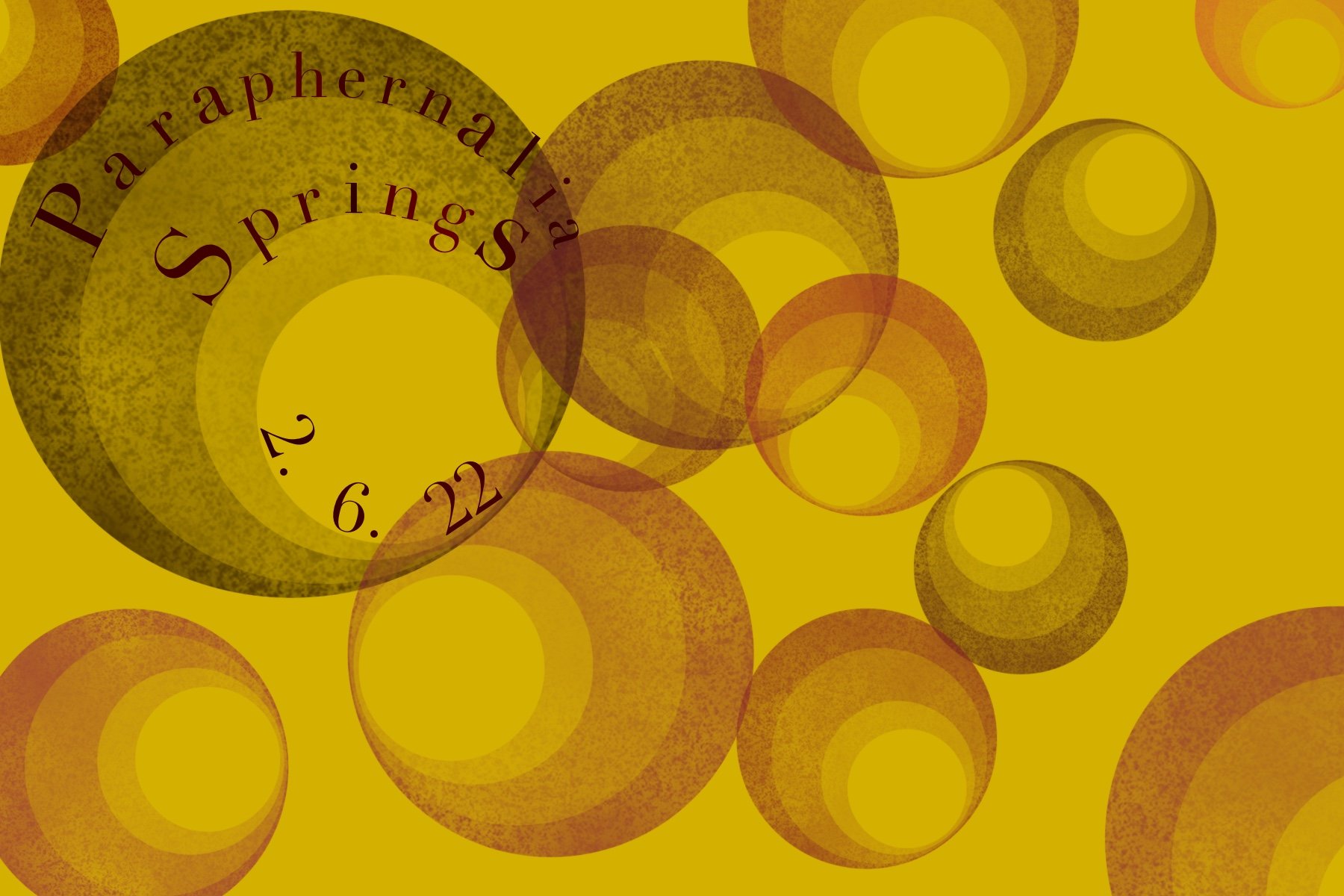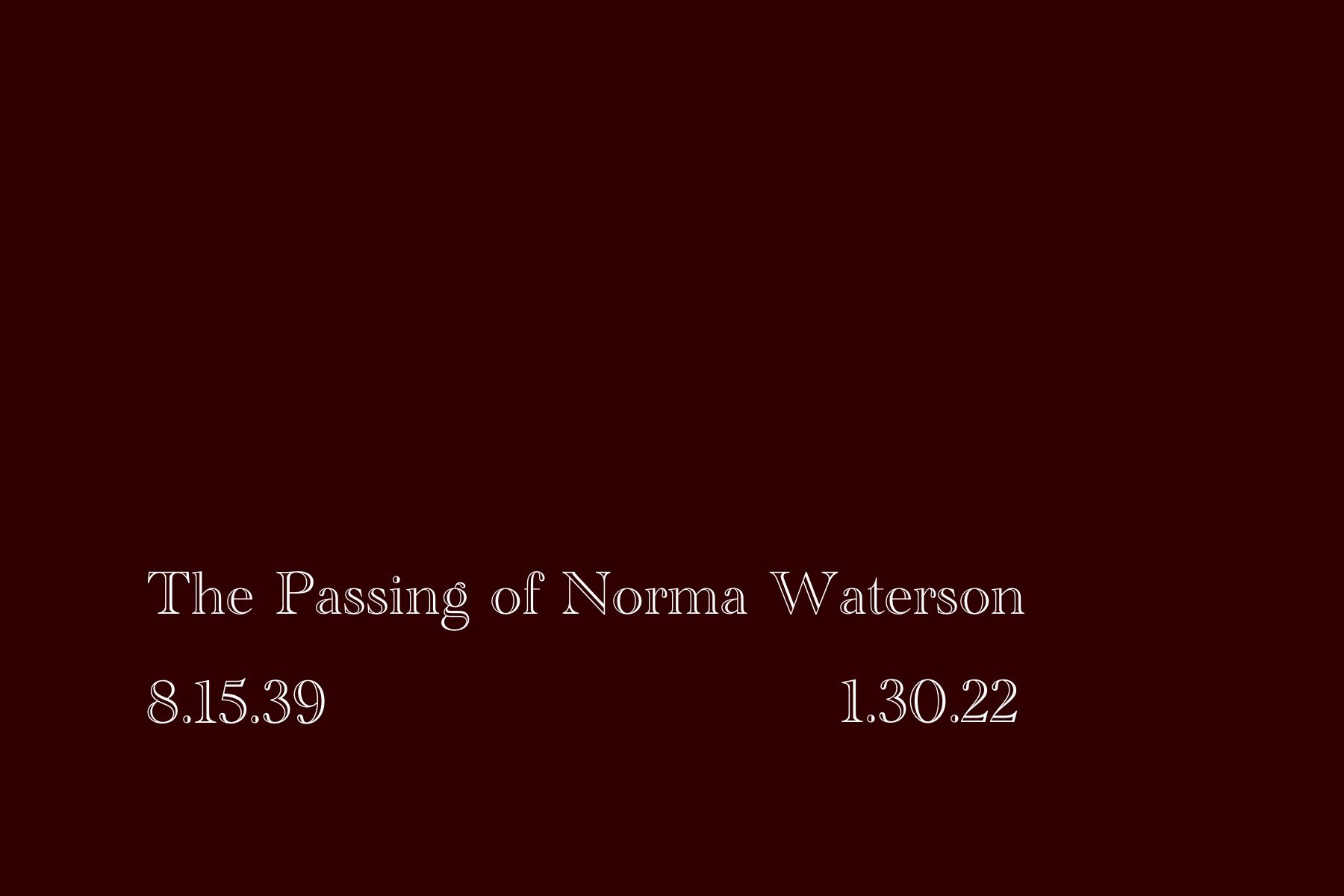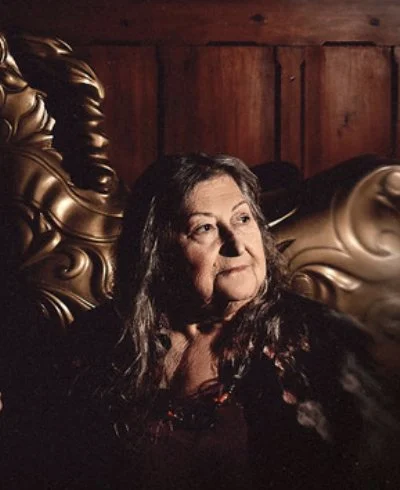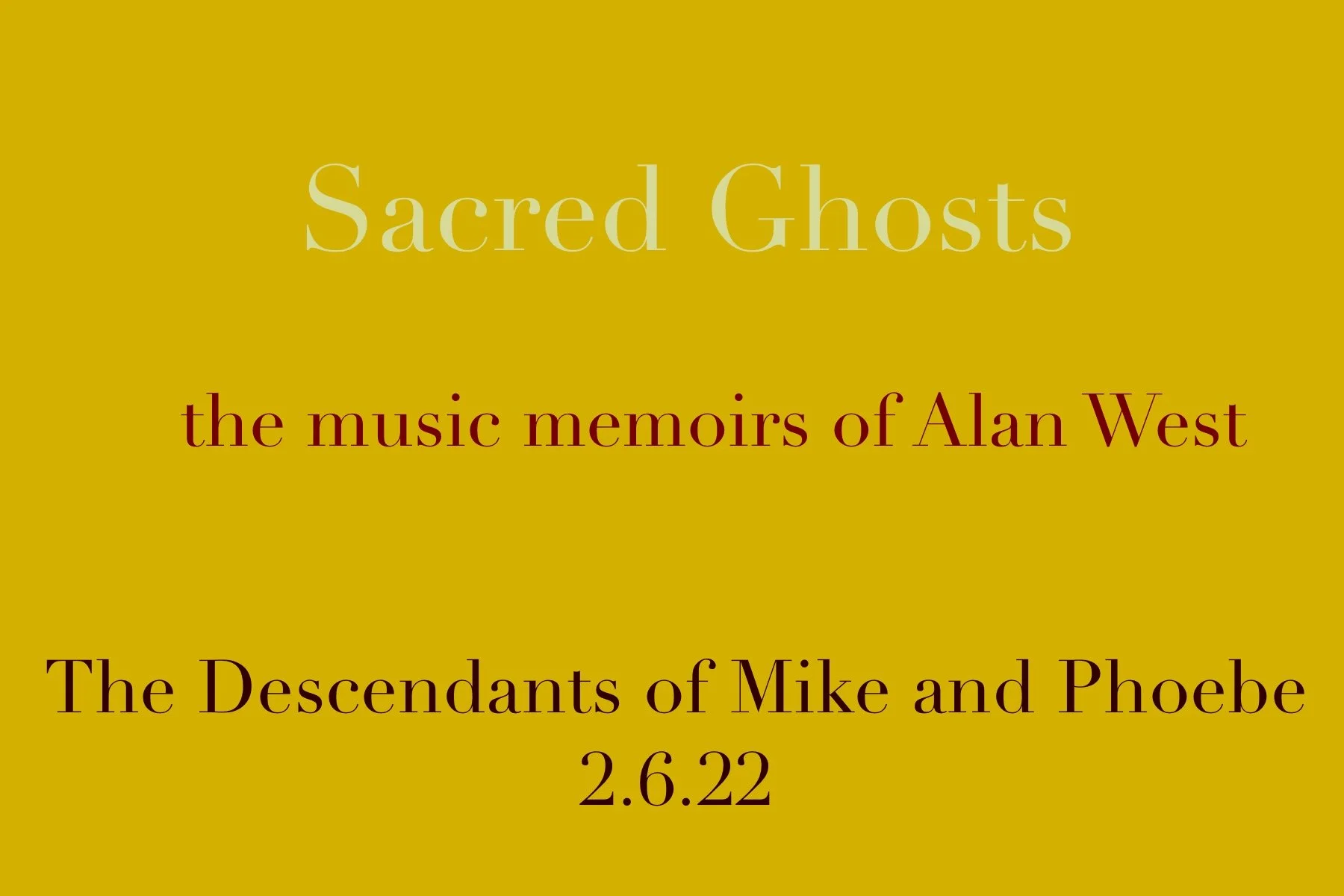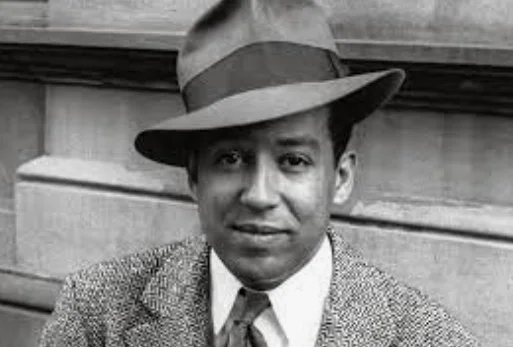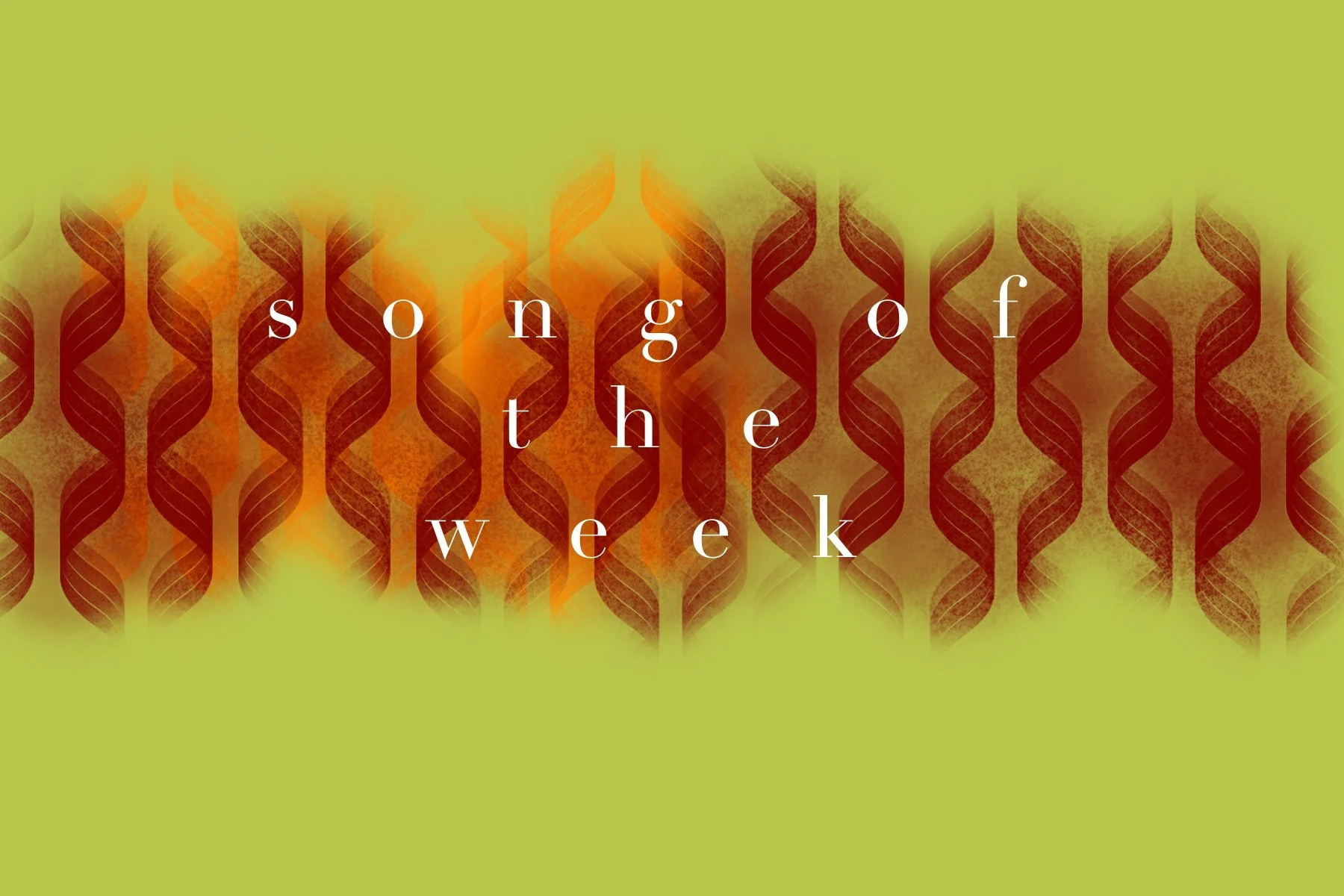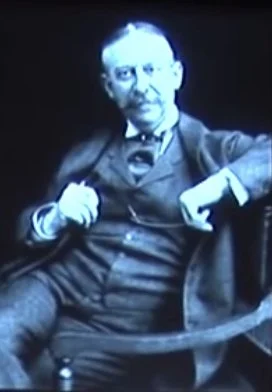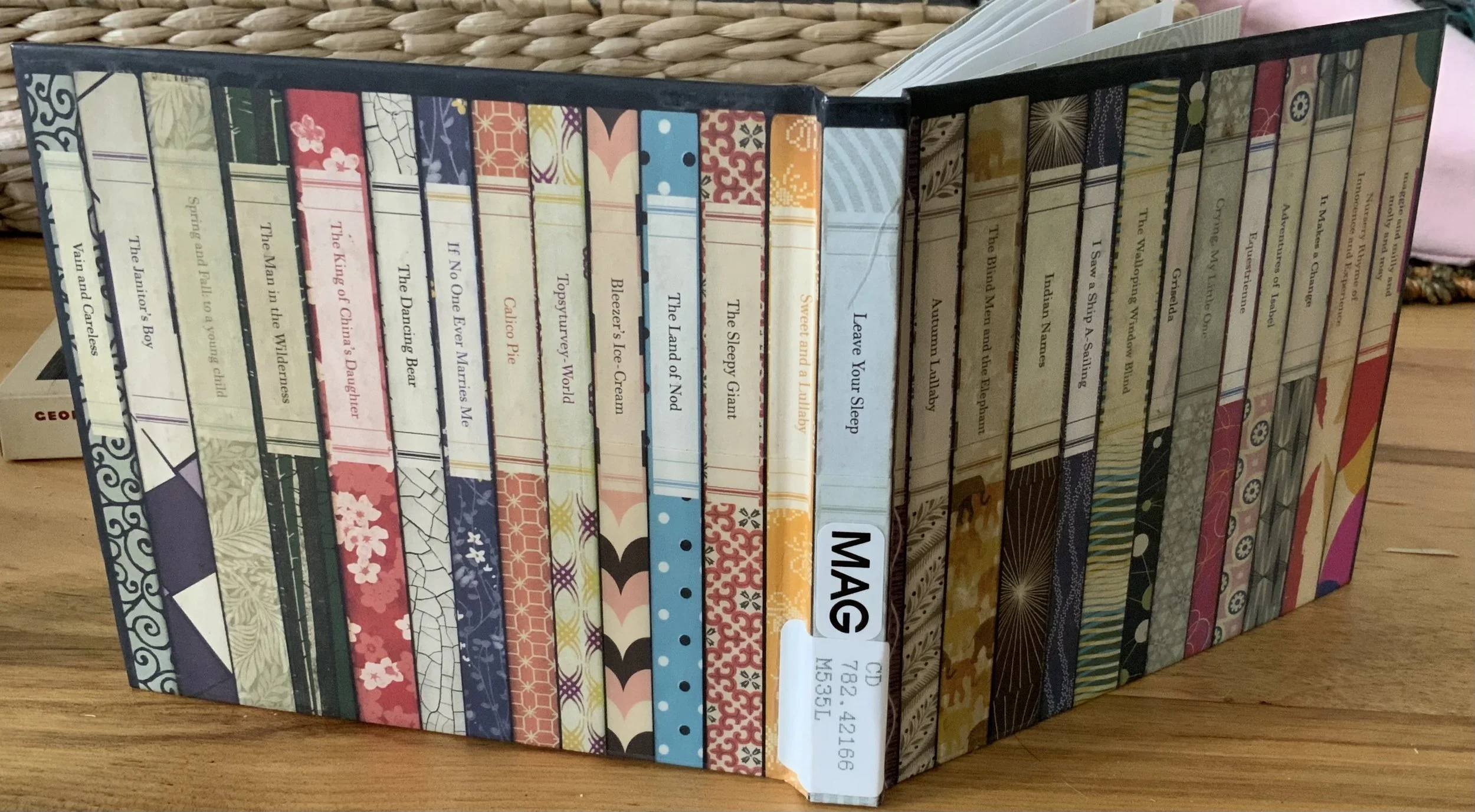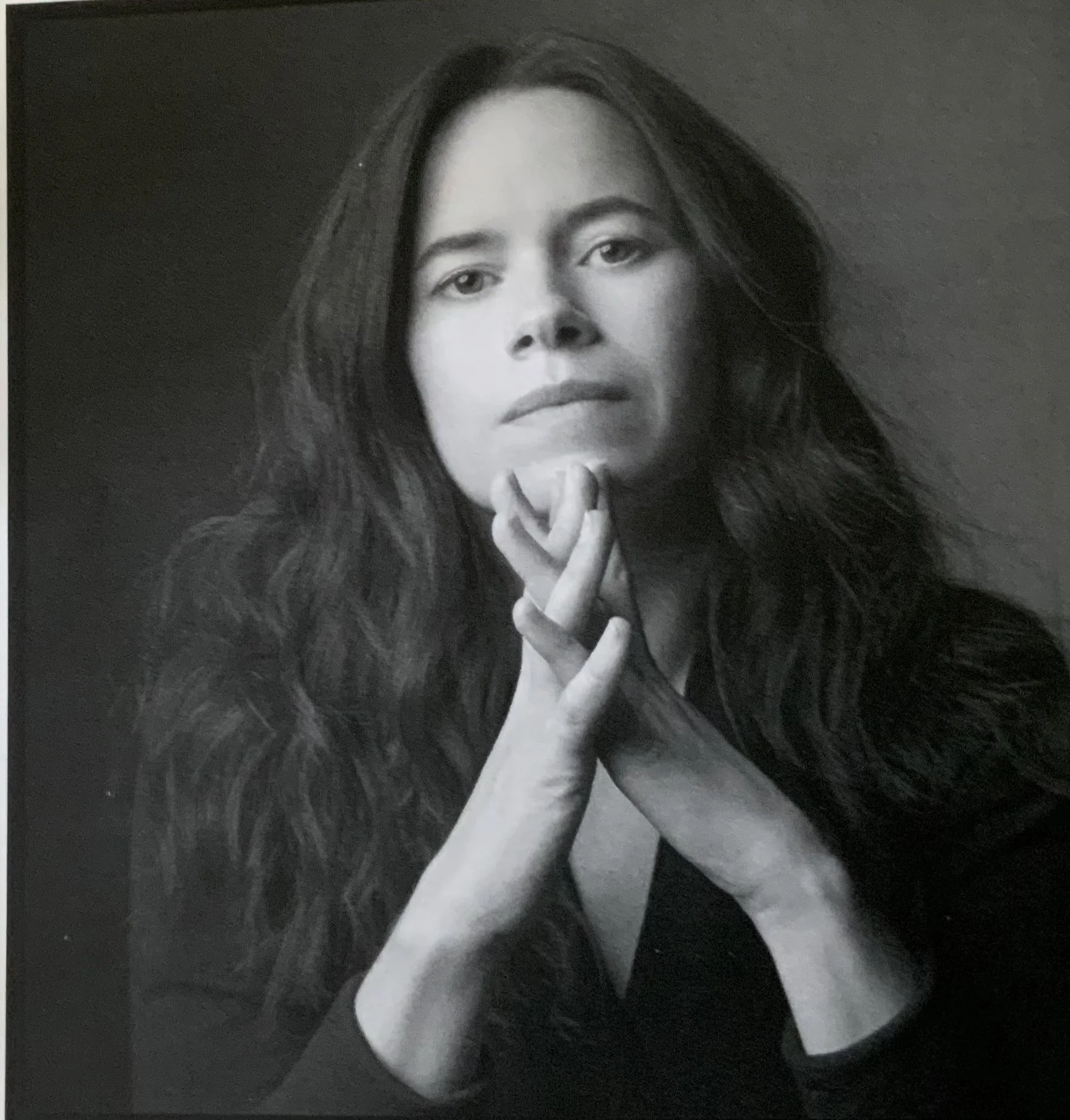The voice of a generation in British folk humanism is silenced. Norma Waterson, a singularly emotive ensemble and solo singer left expansive work in her wake. A few samples which might quiet the grief or perhaps enlarge it all the more.
Norma was part of perhaps the most influential family in British folk music. Here she interprets a piece from a folk-rock classic recorded by her sister Lal and brother Mike in 1972, “Bright Phoebus.”
“The Descendants of Mike and Phoebe
Worcester State’s Sullivan Auditorium 1974
The descendants of Mike and Phoebe (DOMAP) have a 366 member Facebook group and a bi-annual reunion. Mike and Phoebe were newlyweds in the 1820’s who were abducted from the current Gambia/Senegal area of Africa and forced into slavery. They entered the United States through the Port of Charleston, S.C., and were separated. Phoebe and her seven children resettled in Alabama with her owner while Mike’s owner remained in South Carolina. Mike vowed to his wife, Phoebe, that he would work for his freedom and join them in Alabama – whatever the cost.
Spike Lee is a descendant.
His father, Bill Lee led a jazz-gospel-blues group consisting of family members: Consuela Lee Moorehead, piano: A. Grace Lee Mims, soprano voice; Cliff Lee, flugelhorn; and Bill, acoustic bass. Billy Higgins and Sonny Brown assisted them on percussion.
I had a copy of their recording, A Spirit Speaks and was excited to find out that they would be performing at Worcester State. I convinced three friends to go to the concert with me. Sullivan Auditorium was built in the mid sixties and seats 1,068. When we entered the auditorium an usher met us and handed us programs. No one else was there. We walked down the center aisle to the front near the stage. We anxiously waited, wondering whether the concert would happen. Eventually two more people joined us near the front.
Shortly thereafter, the group came on stage and performed the concert exactly as was listed in the program. It was marvelous.
P.S. Now 93, Bill has played the bass for many artists including Cat Stevens, Harry Belafonte, Chad Mitchell Trio, Gordon Lightfoot, Aretha Franklin, Odetta, Simon and Garfunkel, Ian & Sylvia, Tom Rush, Burt Bacharach, Peter, Paul and Mary, Arlo Guthrie, Tom Paxton, Carolyn Hester, John Lee Hooker, Josh White, Duke Ellington, Malvina Reynolds, Eric Bibb, The Clancy Brothers and Bob Dylan. On the original release of Dylan’s classic song “It’s All Over Now, Baby Blue,” Lee, on bass guitar, is the only musician performing other than Dylan himself. On Gordon Lightfoot’s song Oh, Linda (recorded 1964), Lee is also the only musician other than Lightfoot’s voice. He wrote the music for 4 of Spike Lee’ s films.
”
Langston Hughes
I found “Weary Blues” at a used record store probably 30 years ago. It was pretty beat up, but I immediately fell in love with the voice of Langston Hughes. It is grandfatherly and reassuring even though he dove penetratingly into difficult subjects, like the quagmire of racial discrimination. Did he possess a forlorn hope? He presented a relaxed dignity that accompanied struggle. That maybe we could always have plenty of both.
“The Peppery Man was cross and thin;
He scolded out and scolded in;
He shook his fist, his hair he tore;
He stamped his feet and slammed the door.
Heigh ho, the Peppery Man,
The rabid, crabbed Peppery Man!
Oh, never since the world began
Was any one like the Peppery Man.
His ugly temper was so sour
He often scolded for an hour;
He gnashed his teeth and stormed and scowled,
He snapped and snarled and yelled and howled.
He wore a fierce and savage frown;
He scolded up and scolded down;
He scolded over field and glen,
And then he scolded back again.
His neighbors, when they heard his roars,
Closed their blinds and locked their doors,
Shut their windows, sought their beds,
Stopped their ears and covered their heads.
He fretted, chafed, and boiled and fumed;
With fiery rage he was consumed,
And no one knew, when he was vexed,
What in the world would happen next.
Heigh ho, the Peppery Man,
The rabid, crabbed Peppery Man!
Oh, never since the world began
Was any one like the Peppery Man.
”
Ms. Merchants “Leave Your Sleep”was recorded in 2008 and involved over 100 musicians. It was the product of poems she had found to read to her daughter. “The Peppery Man” features the gospel legends, The Fairfield Four.
